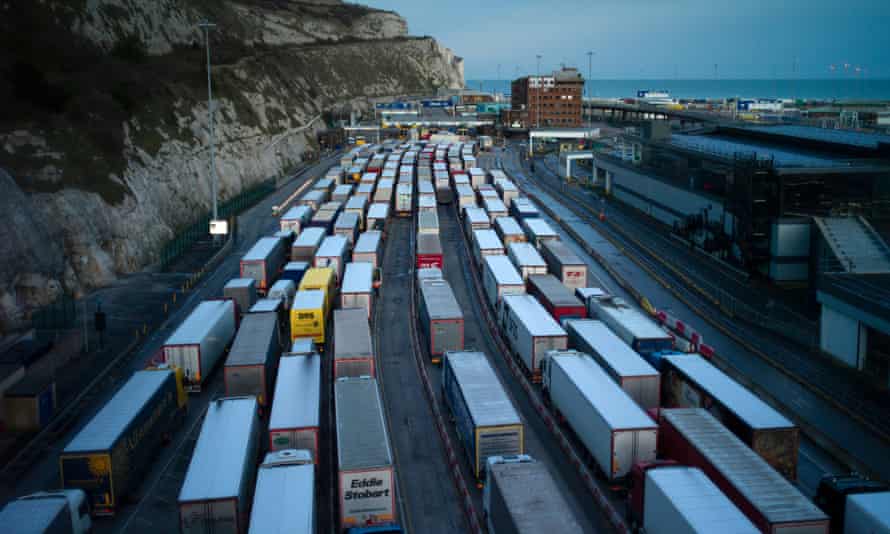Not All Brazilian Truckers Support Proposed February 1st Strike

Truck drivers in Brazil have proposed a nationwide strike for next Monday, February 1st, but not all the trade organizations in Brazil that represent truck drivers are supporting the proposed strike.
The National Council of Highway Transport (CNTRC), which represents 40,000 truck drivers in Brazil, is pressing ahead with a strike scheduled for February 1st for an undetermined length of time despite the fact that the Brazilian government has already granted some of their demands.
The government has agreed to eliminate the 16% tariff on imported tires and they have agreed to a hike in the minimum freight rate by 2.3% to 2.5%. Tires are the second highest cost of doing business for independent drivers after the cost of fuel.
Late last week the Brazilian Minister of Health announced that the 1.24 million truck drivers in Brazil would be included in a priority group to receive the first Covid-19 vaccines. He declared that truck drivers along with port workers are essential for the development of the country especially now with the high demand for trucks as the agricultural harvest gets underway.
In spite of these concessions from the government, CNTRC is still pressing for lower fuel costs, lower tolls, and even higher freight rates.
If the drivers move forward with the strike, it probably will not be as effective as their last work stoppage in May of 2018. The situation in the country is vastly different this time. In recognition of the current Covid-19 pandemic sweeping across Brazil, CNTRC has already agreed to not halt the deliveries of cargos deemed essential as well as live animals and perishable foods. As a result, they have already given up some of their leverage.
On the other hand, the National Confederation of Autonomous Transporters (CVTA) indicated that the timing is not right for the strike and a strike should only be considered once all the negotiations have been exhausted, which is not the current case. CVTA represents independent truck drivers and they are not in favor of the strike.
Independent drivers make their most money during the soybean harvest when the demand for trucks is the highest. The soybean harvest is just now getting underway, so they would prefer continued negotiations with the government, at least for the time being.
Read also
Victoria Golubyatnikova, SGS – Speaker at BLACK SEA OIL TRADE-2025, Bucharest
Over 700 thsd tons of Ukrainian grain were exported
Moldovan government approves sale of Giurgiuleşti port to Romania
In Central Russia, oilseed crops overtook wheat in terms of sown area for the firs...
Sunflower seeds harvest forecasts: Drought hits Ukraine, while Russia and Kazakhst...
Write to us
Our manager will contact you soon



